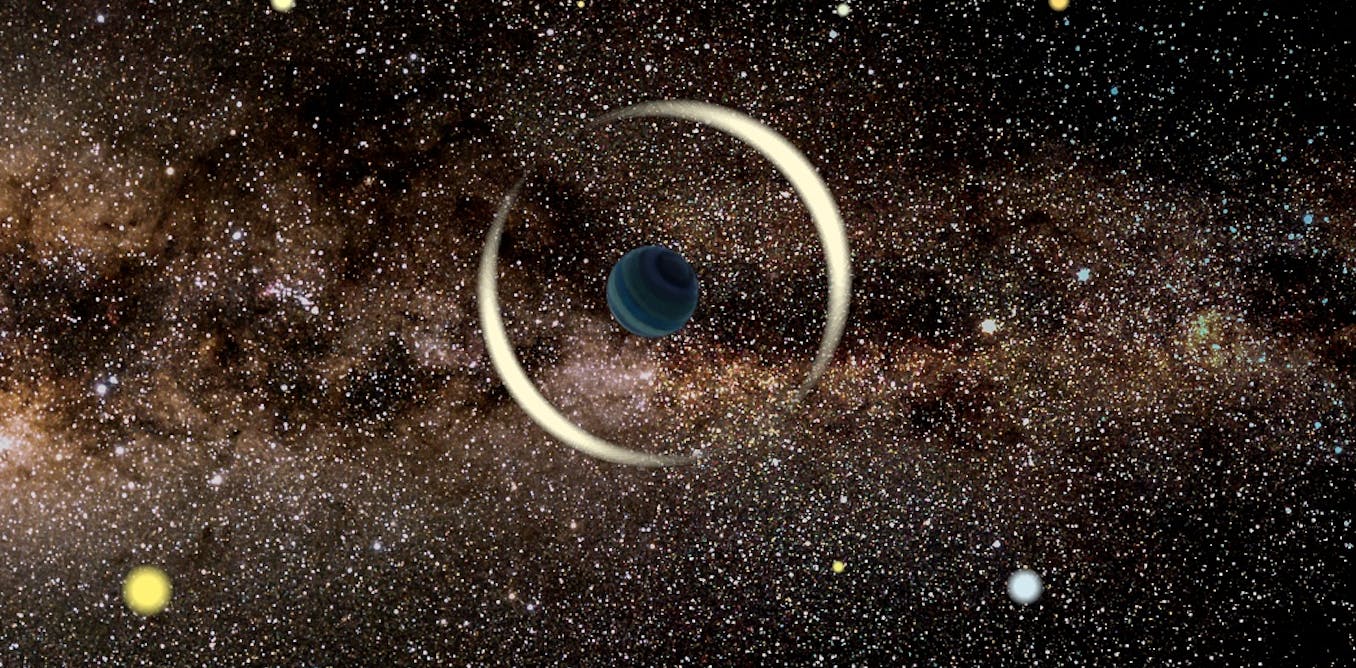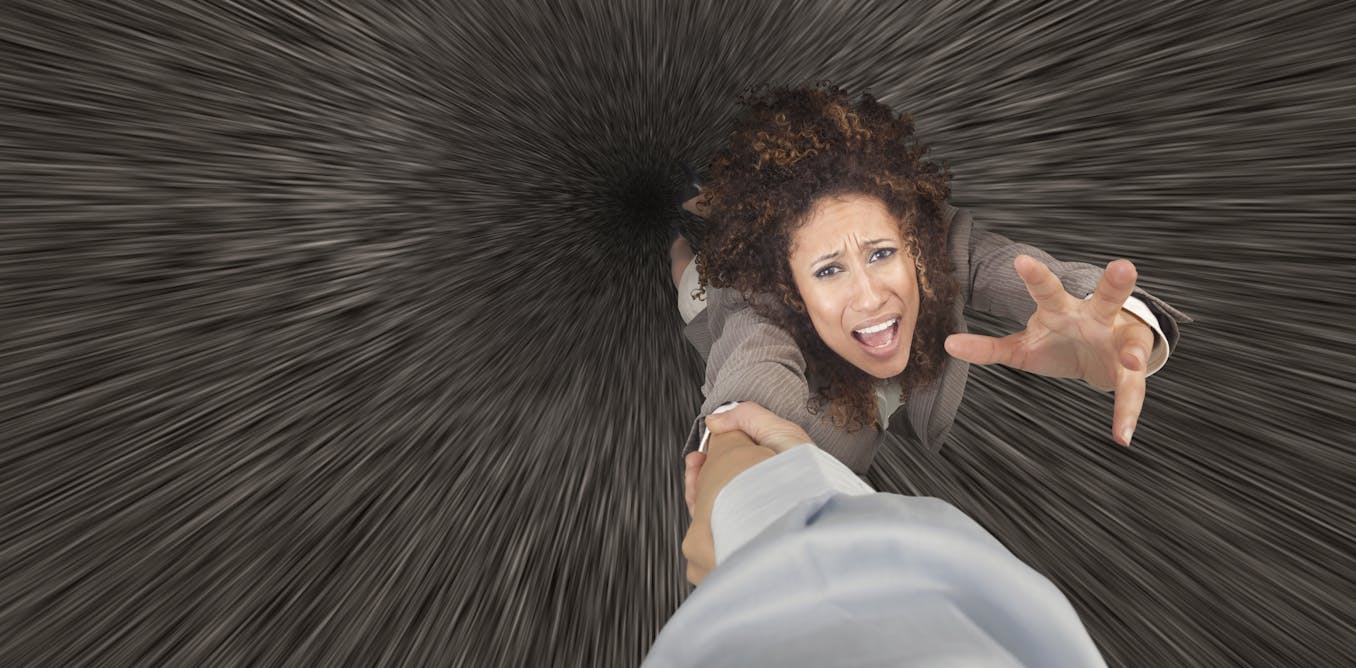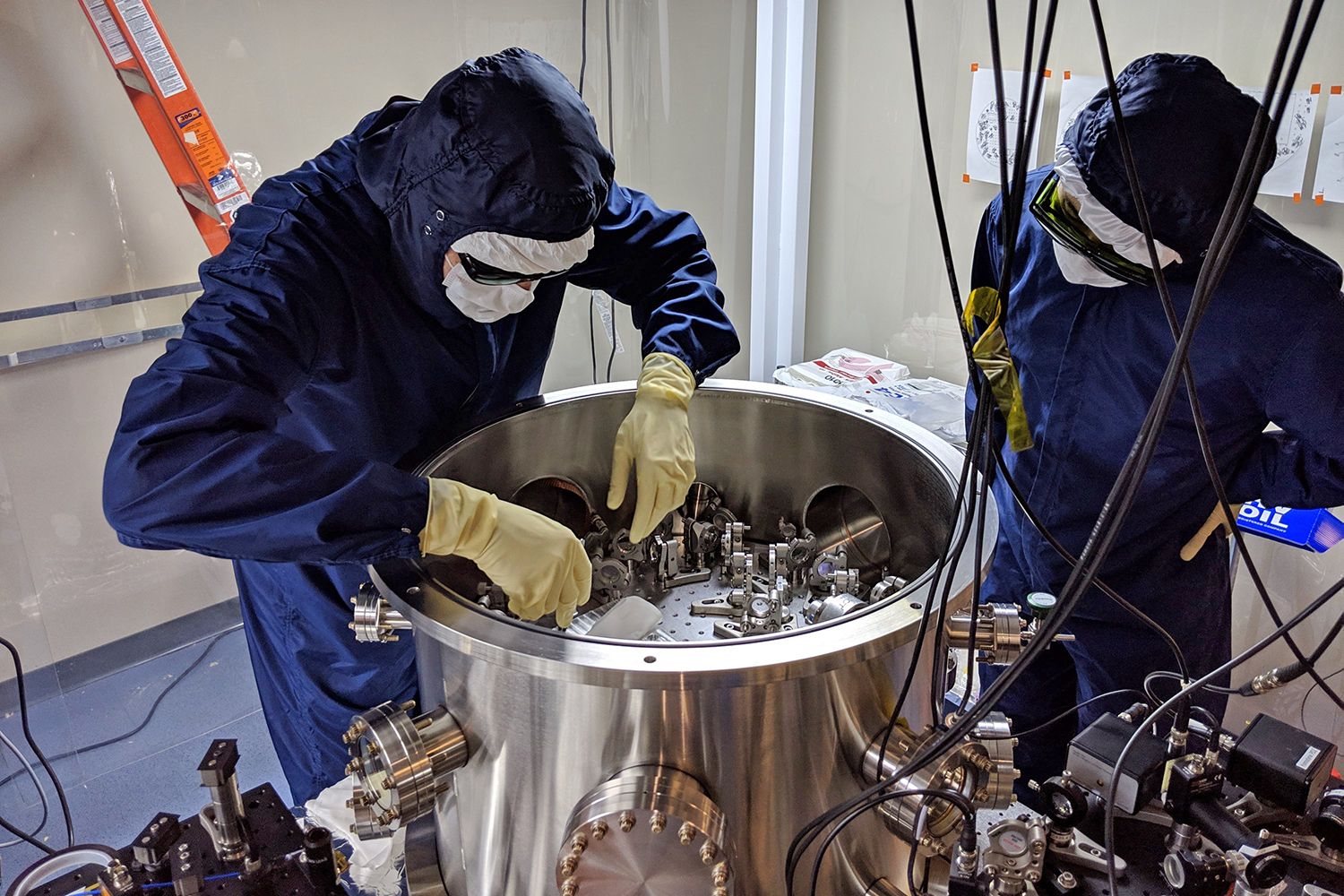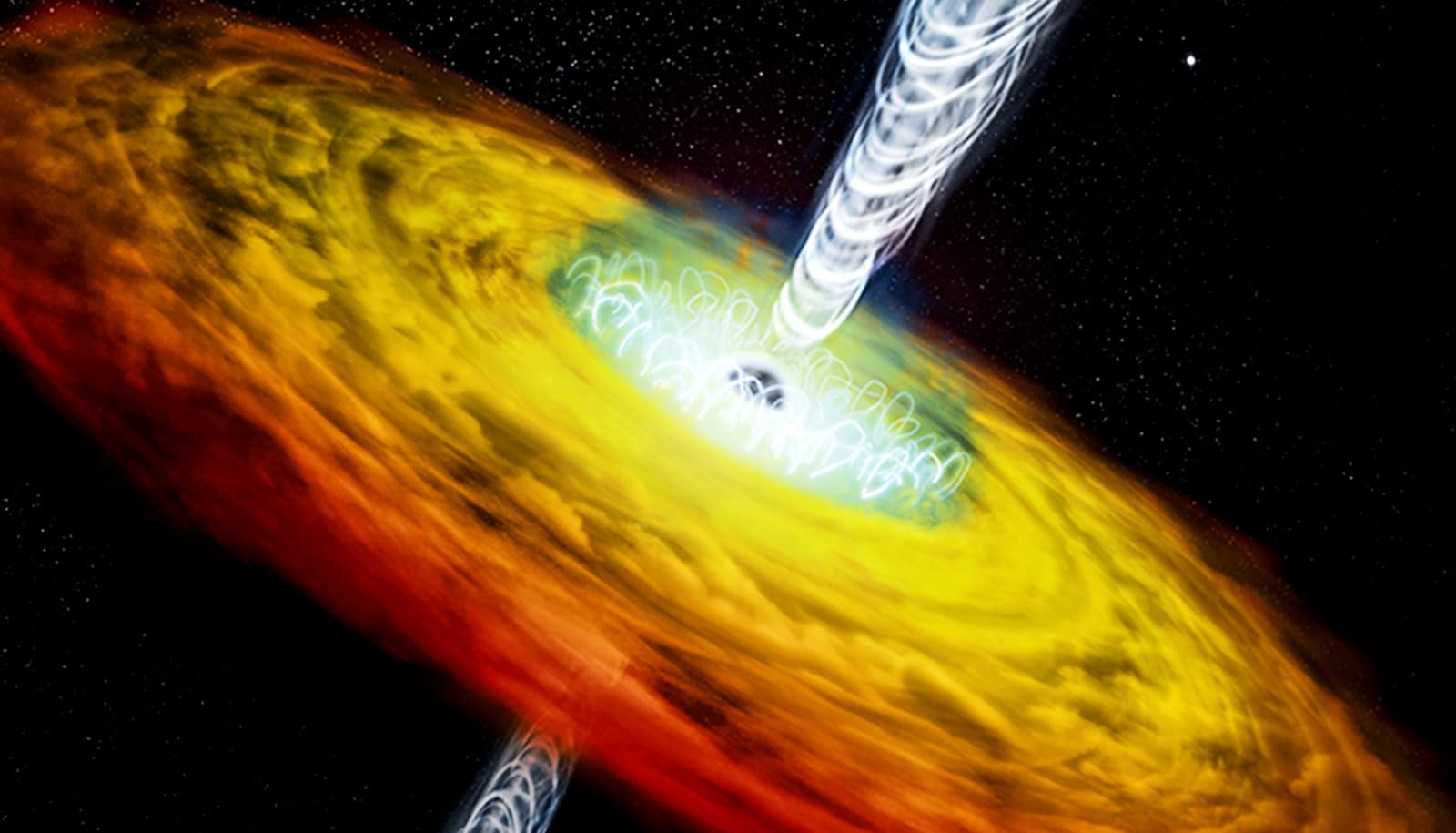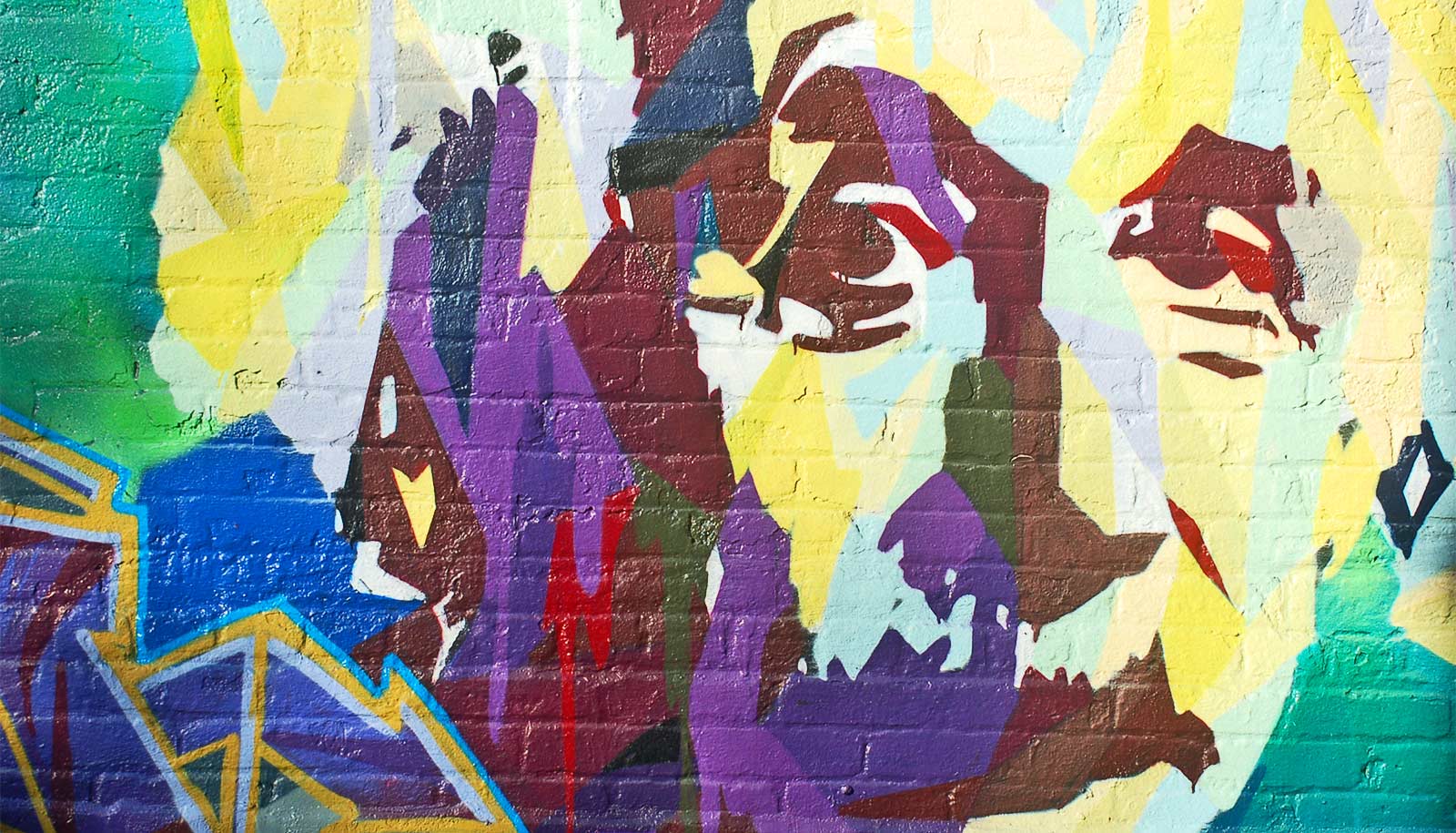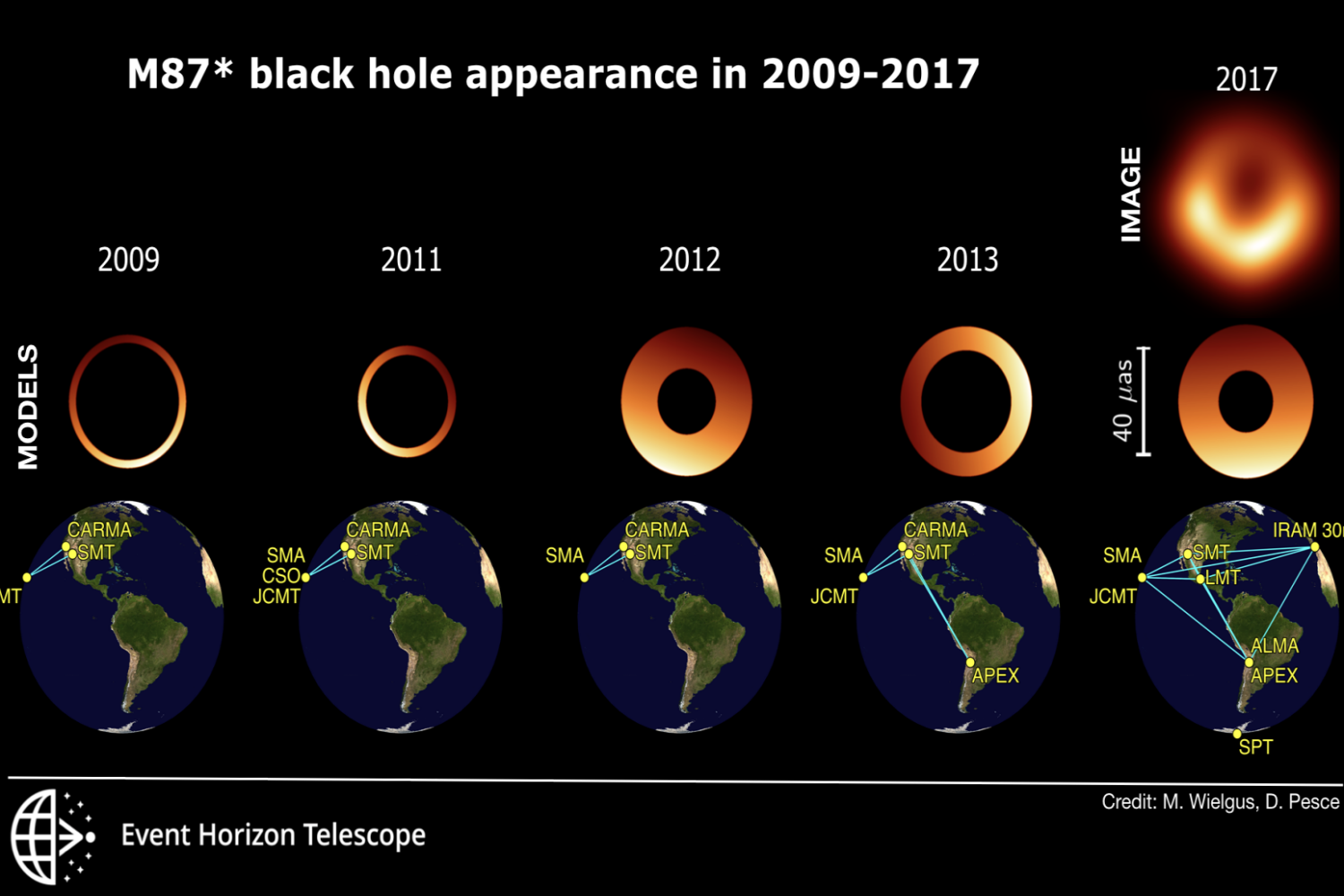Nobel Prize: how Penrose, Genzel and Ghez helped put black holes at the centre of modern astrophysics
Roger Penrose helped resurrect Einstein's general theory of relativity, and Reinhard Genzel and Andrea Ghez showed there was a black hole in the middle of our galaxy.
Andrew King, Professor of Astrophysics, University of Leicester •
conversation
Oct. 7, 2020 • ~6 min
Oct. 7, 2020 • ~6 min
2020 Nobel Prize in physics awarded for work on black holes – an astrophysicist explains the trailblazing discoveries
The 2020 Nobel Prize in physics was awarded to three scientists – an Englishman, an American and a German – for breakthroughs in understanding the most mysterious objects in the universe: black holes.
Gaurav Khanna, Professor of Physics, University of Massachusetts Dartmouth
• conversation
Oct. 6, 2020 • ~6 min
Oct. 6, 2020 • ~6 min
/
20


